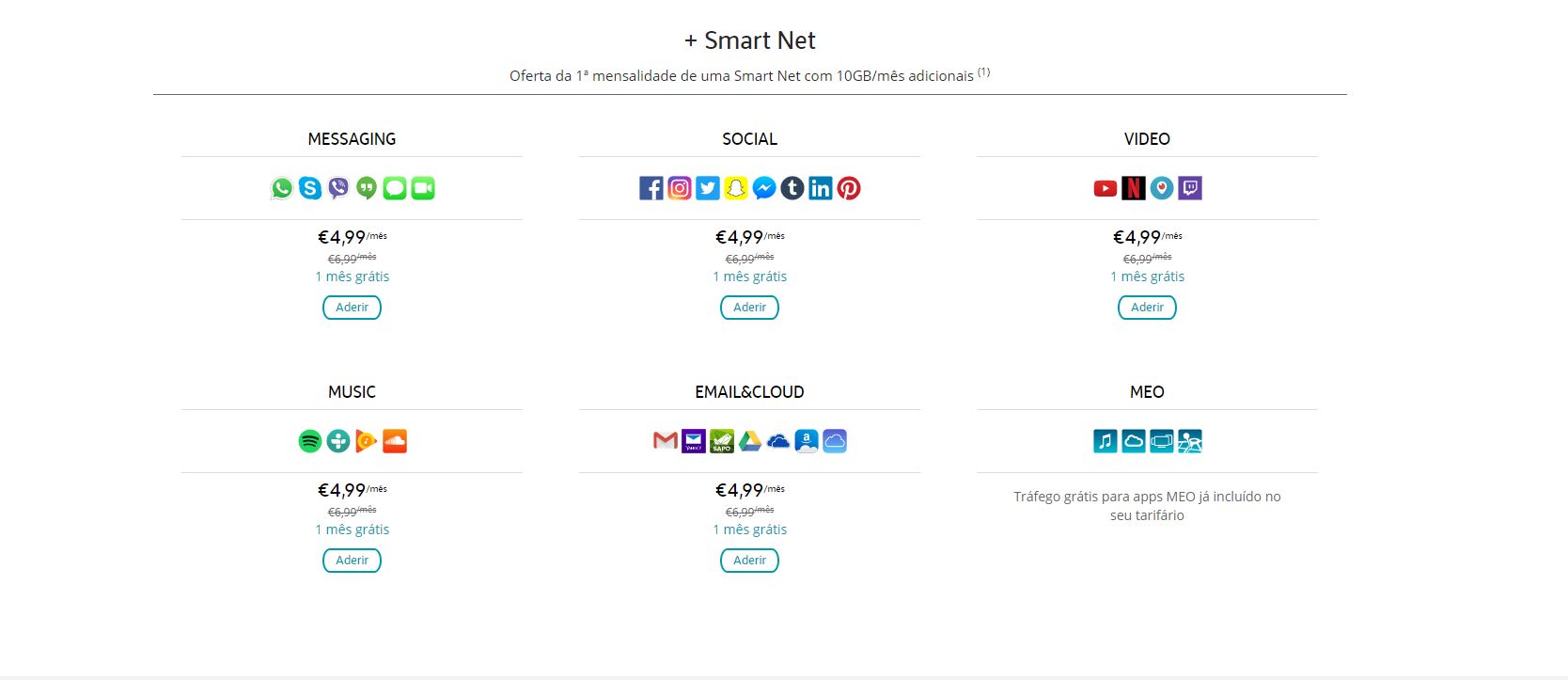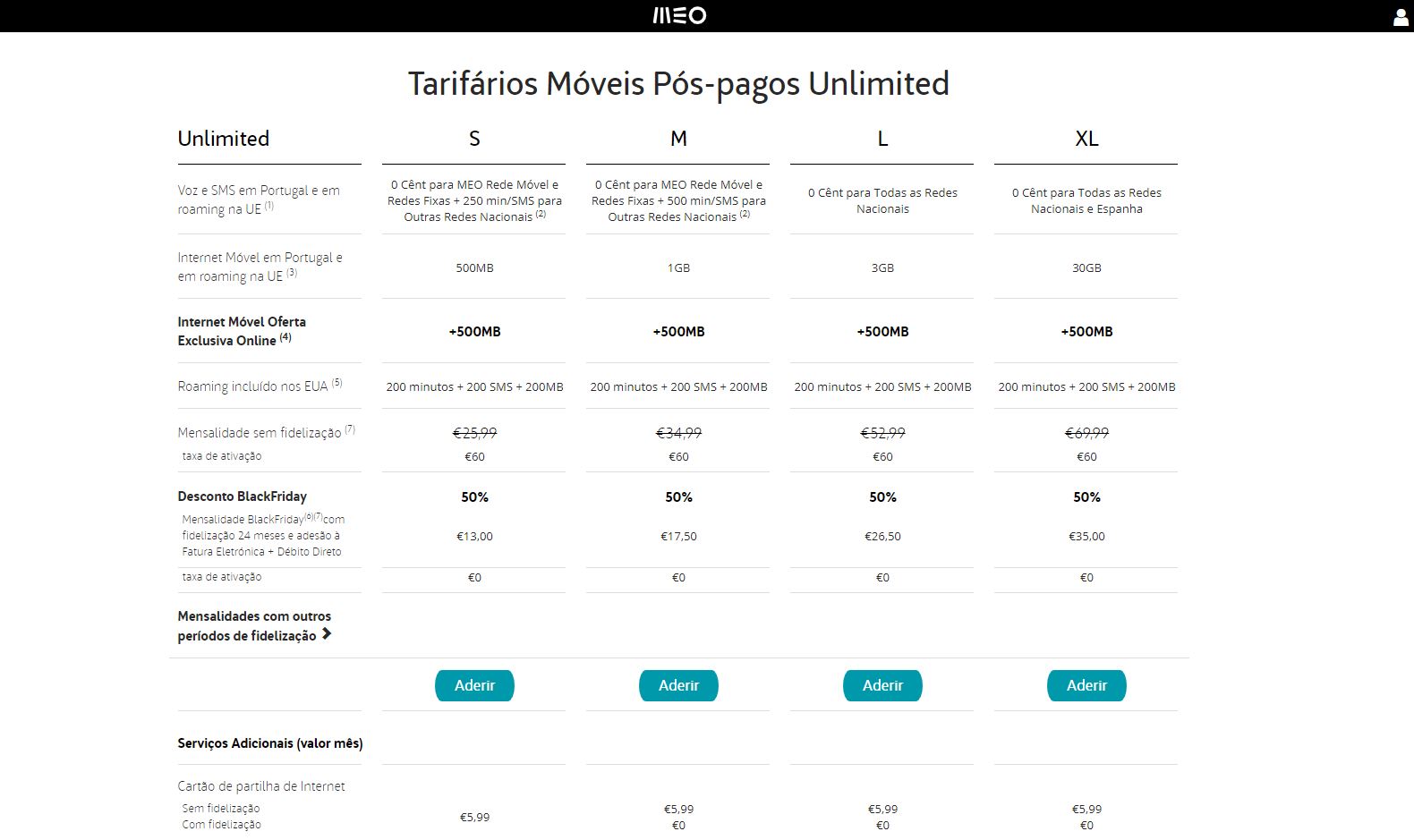Amid the debate this week over the FCC's proposed end of existing rules on net neutrality, stories have gone viral warning people that we'll all be in for internet services bundled like cable channels.
Verify is a 9NEWS project to make sure what you’ve heard is true, accurate, justified. Want us to verify something for you? Email verify@9news.com
Articles on Quartz and Business Insider claim that you can already see an example of this in Portugal, where net neutrality is already dead.
They show an example of a cell phone provider in Portugal seeming to charge people an additional fee to use bundles of online apps, warning that the end of net neutrality will bring something similar to the US.
There's one very basic problem with that claim: Portugal does have net neutrality.
Portugal is a member of the European Union, where net neutrality is enforced in all member countries by BEREC, the EU's equivalent of the FCC.
While there is debate over the details of the EU's net neutrality law, they do have one. BEREC points out that it's illegal for internet providers to to selectively block or slow down content because EU law gives internet users the right to be "free to access and distribute information and content, run applications and use services of their choice."
WHERE CLAIMS OF BUNDLING WEB SERVICES COME FROM
The claim about Portugal and bundling comes from a list of options on the phone plans page from MEO, one of Portugal's leading mobile providers.
After selecting a plan, users are given the option pay €5 more (about $6) per month to add 10GB of extra data to use on specific categories of apps.
There's a social package which includes apps like Facebook, Snapchat, and Twitter. A messaging package offers more data for Skype, iMessage, and WhatsApp. A video package offers more data for YouTube, Netflix, and Periscope.
This caught the attention of Silicon Valley area congressman Ro Khanna (D-California) who tweeted a screen grab of these add-ons, claiming "In Portugal, with no net neutrality, internet providers are starting to split the net into packages."
In Portugal, with no net neutrality, internet providers are starting to split the net into packages. pic.twitter.com/TlLYGezmv6
— Ro Khanna (@RoKhanna) October 27, 2017
That tweet seems to have generated the viral stories we pointed out above. The Quartz piece even took the liberty of making its main image a mock-up of what the end of net neutrality might look like in the US for home internet instead of showing the example from Portugal.
WHAT WE FOUND
In addition to making the false assertion that Portugal has no net neutrality, Congressman Khanna is pointing to an example that has nothing to do with net neutrality.
On the same plans page from Portuguese mobile company MEO, you'll see that the company offers customers several options for internet access ranging from 1GB per month to 30.5GB per month.
These base plans do not discriminate between different web services. Users are free to burn through all that data allowance however they want.
The add-ons offer customers who use specific kinds of apps the option to add on more data for less money than upgrading to a bigger data plan.
For instance, a customer could pay the normal base rate of €70 per month to get the 30.5GB plan.
Or if they only need extra data for Snapchat, they can select the 1GB plan for €26 per month and add on the social data package for €5. That option allows the user to use more data on Snapchat (while still keeping the base 1GB to use any way they want) and pay only €31 per month instead of paying €70 for the bigger data package.
It's not about unlocking certain apps to be used, it's about offering customers different amounts of extra data at different price points.
And here's another news flash: we already have stuff just like this in the United States.
For example, if you take a flight on Southwest Airlines you can purchase internet for $8. But if all you want to do is use messaging apps, you can purchase a data connection to use them for $2, a 75 percent discount.
Similarly, T-Mobile has a partnership with Netflix that allows the mobile provider to sell plans that enable users to watch as many shows as they want on Netflix without depleting their data allowances.

BOTTOM LINE
The claim from Rep. Khanna, repeated in the aforementioned stories with headlines like "If you want to see what America would be like if it ditched net neutrality, just look at Portugal" and "Without net neutrality in Portugal, mobile internet is bundled like a cable package" is false.
Not only does Portugal actually have net neutrality, the example is apples-and-oranges.
Splitting the "net into packages" or selling it "bundled like cable" means that you'd be blacked out from using certain services unless you pay extra.
If the FCC goes through with its plan to end the US net neutrality rule, it might be possible for companies to try to do something like that-- depending on what (if any) replacement rules the FCC puts into place.
But it's not happening in Portugal.
What's happening there is the same kind of thing that's already happening here, regardless of the rules on neutrality.



